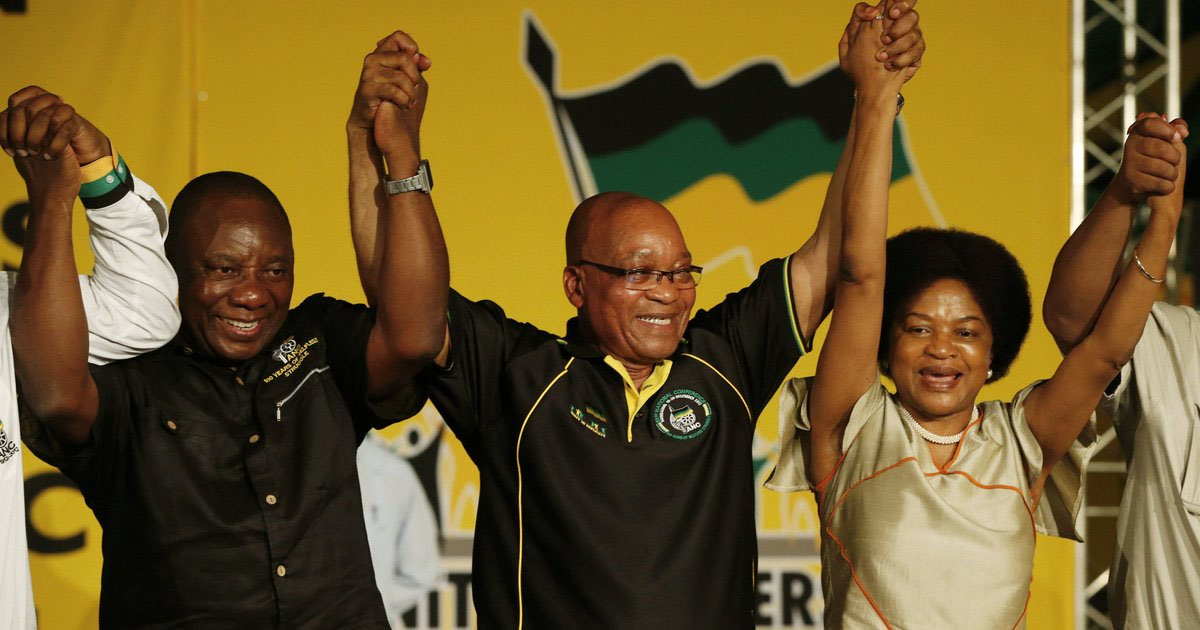
Photo Credit:Mike Hutchings/Reuters
In a historic turn of events, South Africa's ruling African National Congress (ANC) appears to be on track to lose its parliamentary majority, marking a significant shift in the country's political landscape. With a third of the votes counted, the ANC's support has dwindled to 42 percent, a sharp decline from the 57 percent it secured in the previous election. This decline not only signifies a potential end to the ANC's three-decade-long dominance but also raises the prospect of power-sharing, an unprecedented scenario since the end of apartheid.
The rise of opposition parties, including the centre-right Democratic Alliance (DA) and the leftist Economic Freedom Fighters (EFF), reflects a growing disillusionment with the ANC's leadership. While the ANC's historical role in ending apartheid and implementing progressive policies is acknowledged, its reputation has been tarnished by corruption scandals and economic stagnation. The electorate's desire for change is palpable, with voters expressing hope for a new political era that addresses pressing issues such as unemployment and crime.
President Cyril Ramaphosa, who leads the ANC, faces the challenge of forging coalition partnerships to retain power if the ANC falls short of the majority threshold. This marks a significant departure from the ANC's past electoral victories, where it commanded an outright majority. The emergence of smaller parties further complicates the political landscape, making coalition negotiations critical in determining the future government.
The electoral setback for the ANC underscores the need for introspection within the party and signals a broader shift in South African politics. Analysts suggest that Ramaphosa's leadership within the ANC may be undermined by the party's poor performance, potentially paving the way for internal restructuring and realignment. The ANC's traditional dominance is being challenged by diverse political forces, reflecting a maturing democracy where power is more evenly distributed among competing parties.
Moreover, the election results highlight the electorate's demand for accountability and responsiveness from political leaders. Voters are increasingly inclined to support parties that offer credible solutions to address socio-economic challenges and promote inclusive governance. This shift towards multi-party democracy reflects South Africa's evolving political landscape, where no single party can monopolize power indefinitely.
As South Africa awaits the final election results, the country stands at a crossroads, poised to embrace a new chapter in its democratic journey. The ANC's potential loss of majority signifies a seismic shift in South African politics, opening up opportunities for political renewal and coalition-building. Regardless of the outcome, the 2024 elections mark a watershed moment in South Africa's post-apartheid history, heralding a new era of political pluralism and engagement.
The ANC's electoral setback underscores the evolving dynamics of South Africa's political landscape, where traditional power structures are being challenged, and coalition politics are becoming increasingly prevalent. The outcome of the 2024 elections will shape the future trajectory of the nation, defining its commitment to democratic principles and inclusive governance.

















